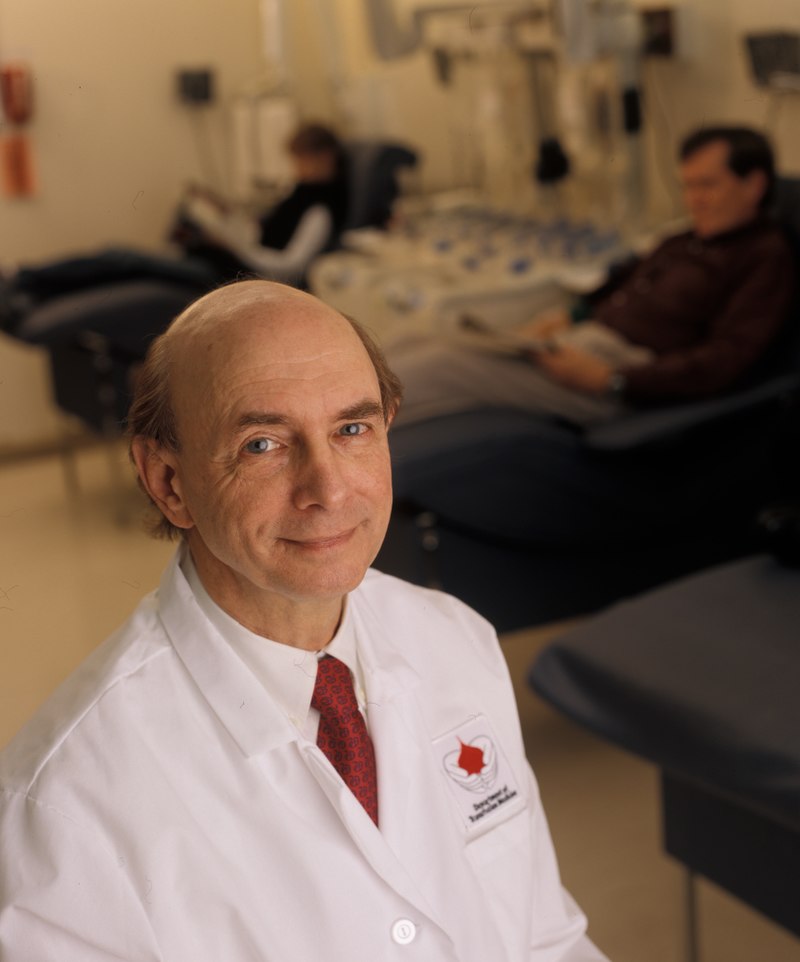Jewish virologist and physician Harvey Alter was among three scientists awarded the Nobel Prize for Medicine Monday.
US-based Alter serves as chief of the infectious disease section and the associate director for research of the Department of Transfusion Medicine at the Warren Grant Magnuson Clinical Center in the National Institutes of Health (NIH) in Bethesda, Maryland. He joined American Charles M. Rice and British researcher Michael Houghton in sharing this year’s Nobel prize for their groundbreaking work on isolating the hepatitis C virus.
The disease affects 70 million people worldwide and an estimated 400,000 people die from it annually, but prior to the trio’s innovative research most of the cases remained unexplained.
As a young research fellow in 1964, Alter co-discovered the Australian antigen with Baruch Blumberg. This work was a major factor in isolating the hepatitis B virus, which Blumberg won a Noble prize for in 1976.
Later, Alter led a Clinical Center project to store blood samples used to uncover the causes and reduce the risk of transfusion-associated hepatitis. Based on his work, the United States started blood and donor screening programs that lowered the risk of hepatitis due to this cause from 30 percent in 1970 to nearly 0.
In 1972 he helped prove that an unknown virus, later known as hepatitis C, was the common cause of chronic hepatitis, a virus which can cause life-threatening liver damage if left untreated and which is transmitted via blood-to-blood contact.
In 1989, Professor Houghton managed to isolate the virus’s genome using a novel technique and in 1997 Professor Rice found further evidence that the virus causes hepatitis.
Isolating the virus enabled the development of highly sensitive blood tests to identify it as well as anti-viral drugs which can save millions of lives worldwide, according to a report issued by the Nobel Prize assembly.
Professor Alter was born to Jewish parents in New York in 1935. “Being the son of Jewish parents in New York City, it was preordained that I would become a doctor,” he said, writing for the American Association for the Study of Liver Diseases in 2013.
(Vosizneias).
